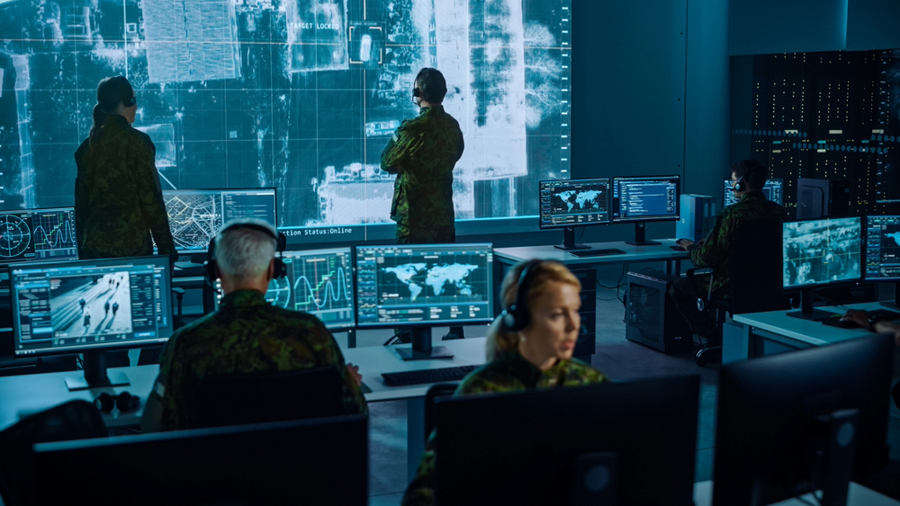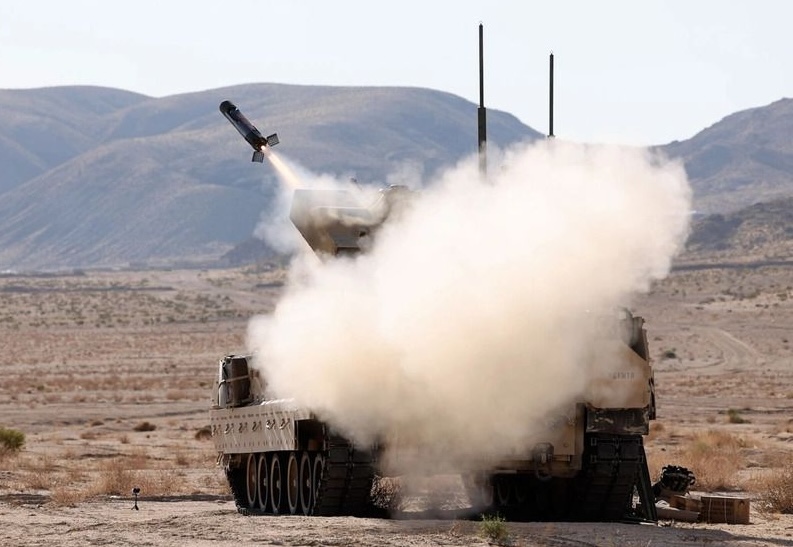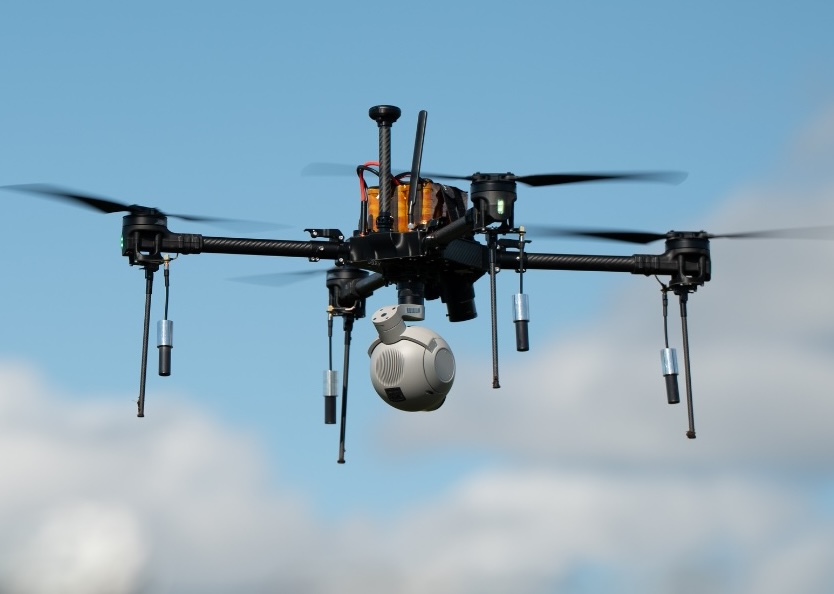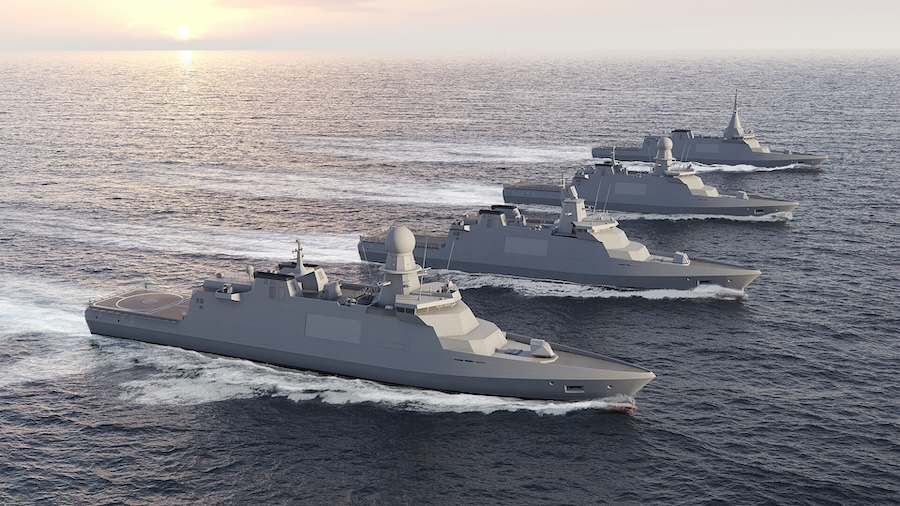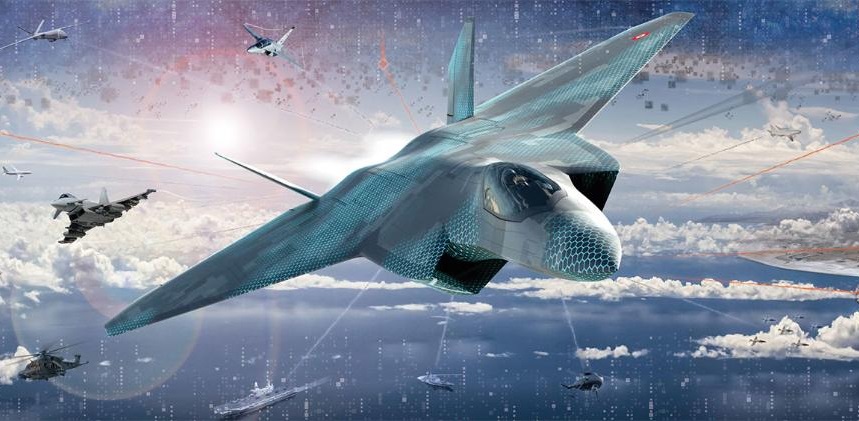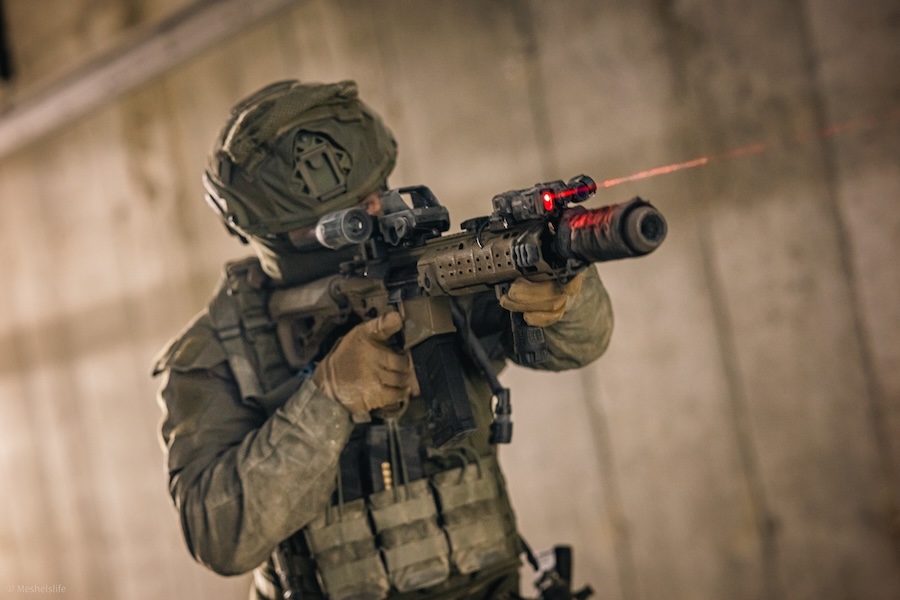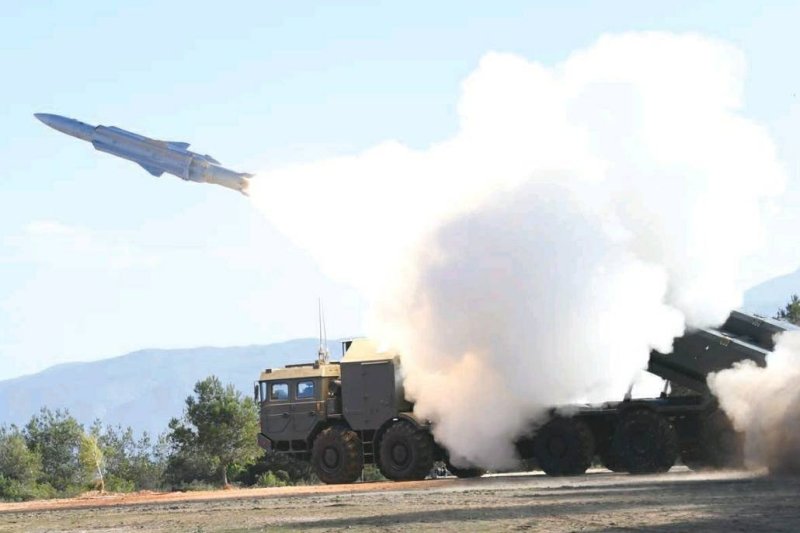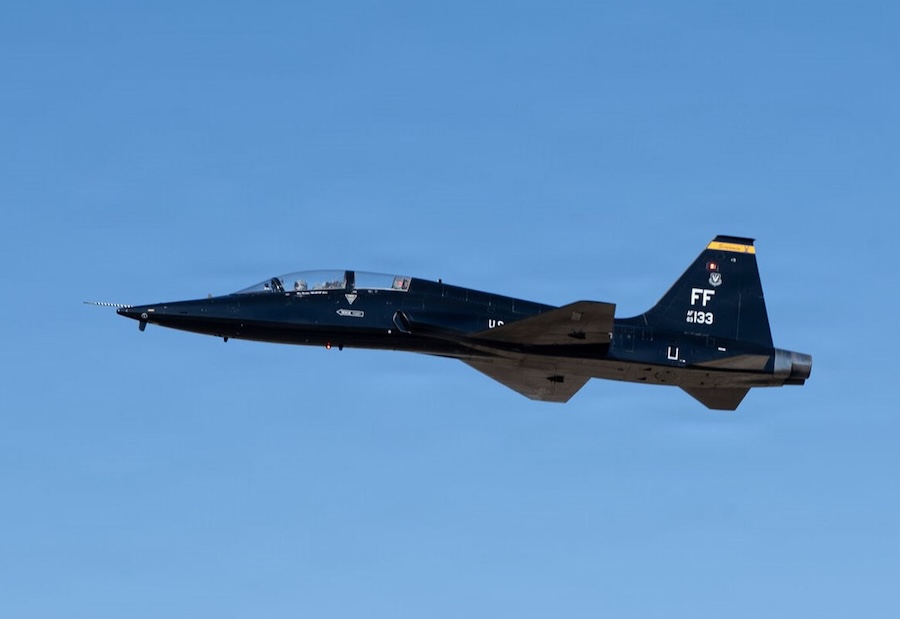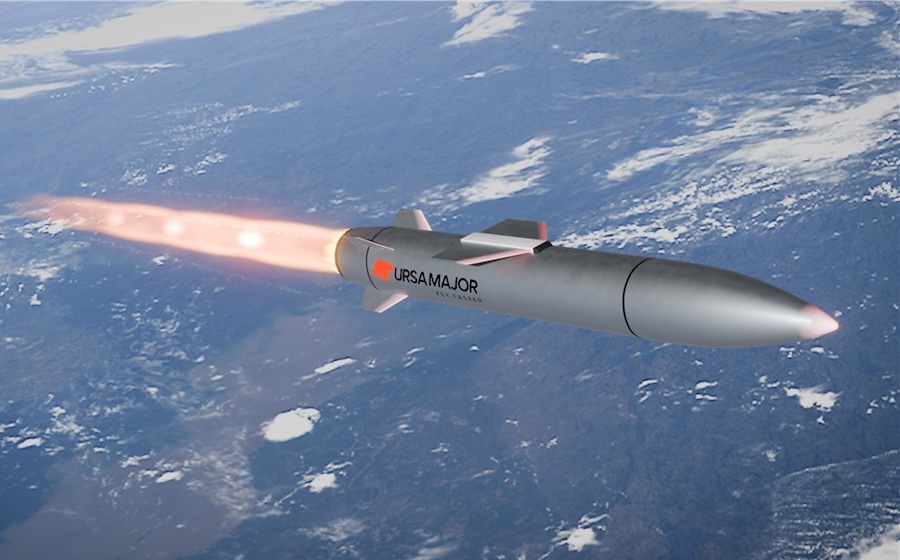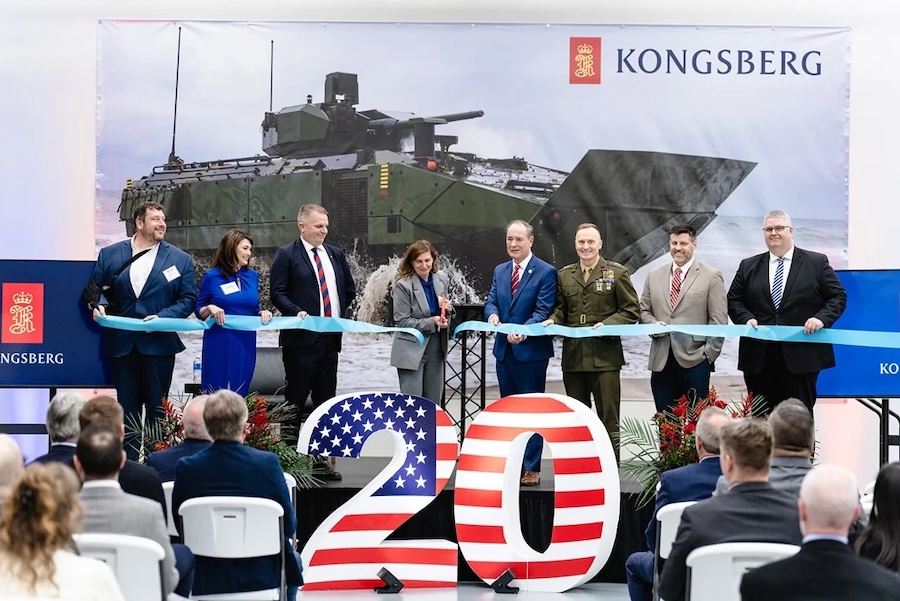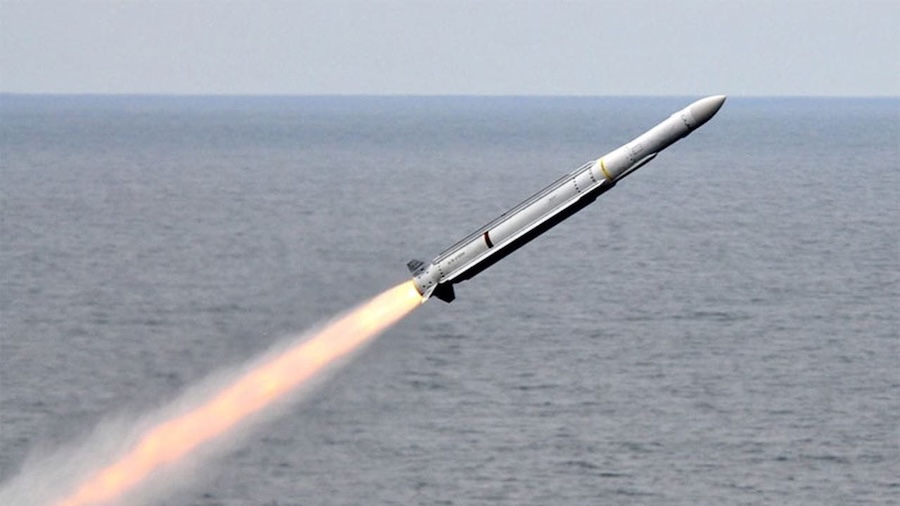On December 11th, EDA hosted the Closure Session of the ESC2 project with the participation of Member States, stakeholders and industry. The session heard that once the ESC2 system design has delivered in 2023 as expected, a new project will link up with the ESC2 to further develop the system by creating a software prototype in 2025 ready for prompt implementation in the Military Planning and Conduct Capability (MPCC).
Together, the ESC2 and the future follow-up project European Command and Control System (EC2), will provide an advanced and integrated suite of C2 tools designed to support decision-making, planning, and conduct of CSDP missions and operations from the strategic to the operational level. It will provide a Staff-wide set of solutions, exploiting the emerging technologies in key domains such as Information Technology and Communication Systems.
With a total budget of 22 million euros, the project is funded by a group of 6 Member States: France, Italy, Germany, Luxembourg, Portugal, and Spain as the leading nation; as well as the European Commission. Launched under the European Defence Industrial Development Programme (EDIDP), the project gathered 21 companies from 10 different Member States to ensure delivery of a beyond state-of-the-art design for ESC2.
Together through cooperation
Launched in January 2021, amid COVID restrictions which restricted the first steps of the project, the project team managed to make up time and reach the end of 2023 ready to deliver the system design, after 36 months of work. The complexity and demands of the project required a wide range of actors to ensure the ambitious goals of ESC2 could be achieved.
EDA supports EU Member States acting as the ESC2 Project Manager. In this role, EDA manages Member States financial contribution, monitors the execution of the project plan, provides focused expertise and coordinates all contributing activities. Among the 21 industry partners, companies such as Indra (Spain), Thales (France), Leonardo (Italy), and Rheinmetall (Germany) all participated.
To ensure end-user requirements and operational expertise were built-in, the MPCC, EUMS and EEAS played a significant role. Additionally, the Spanish Ministry of Defence and the Greek Ministry of Defence supported this project by facilitating the participation of the industrial experts in the exercises MILEX 22, MILEX23 and INTEGRATED RESOLVE 22.
Source: European Defence Agency.


